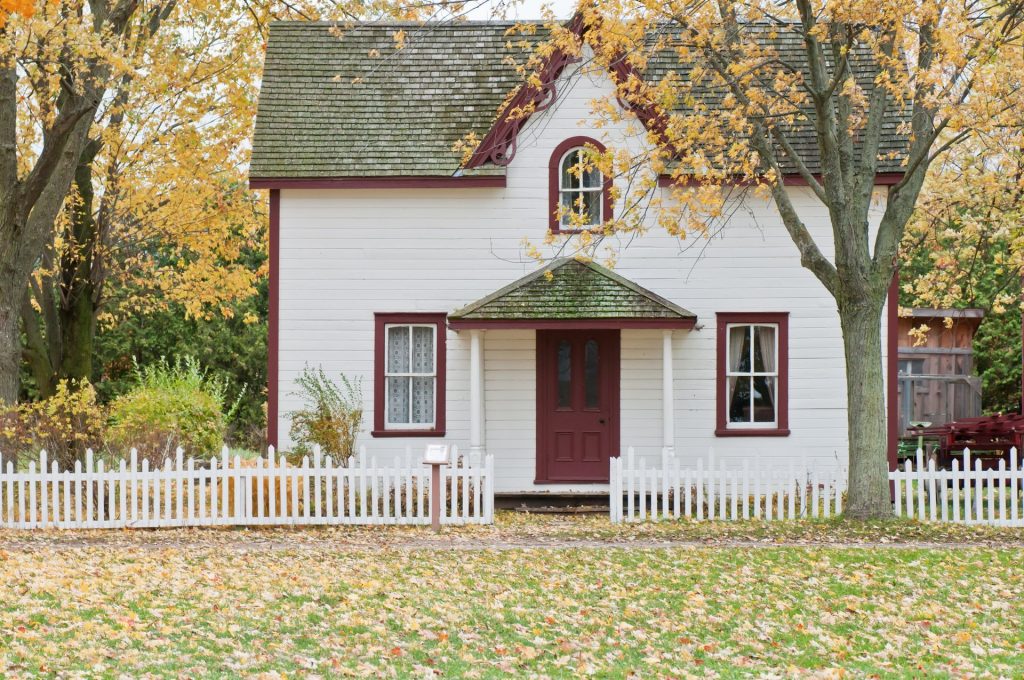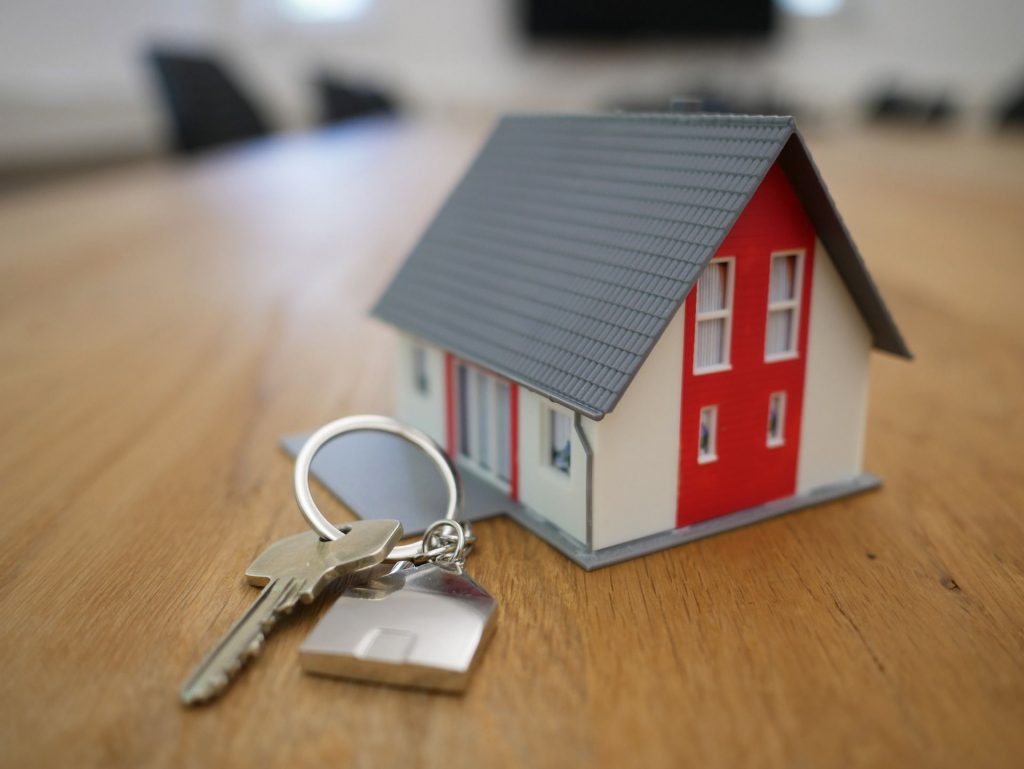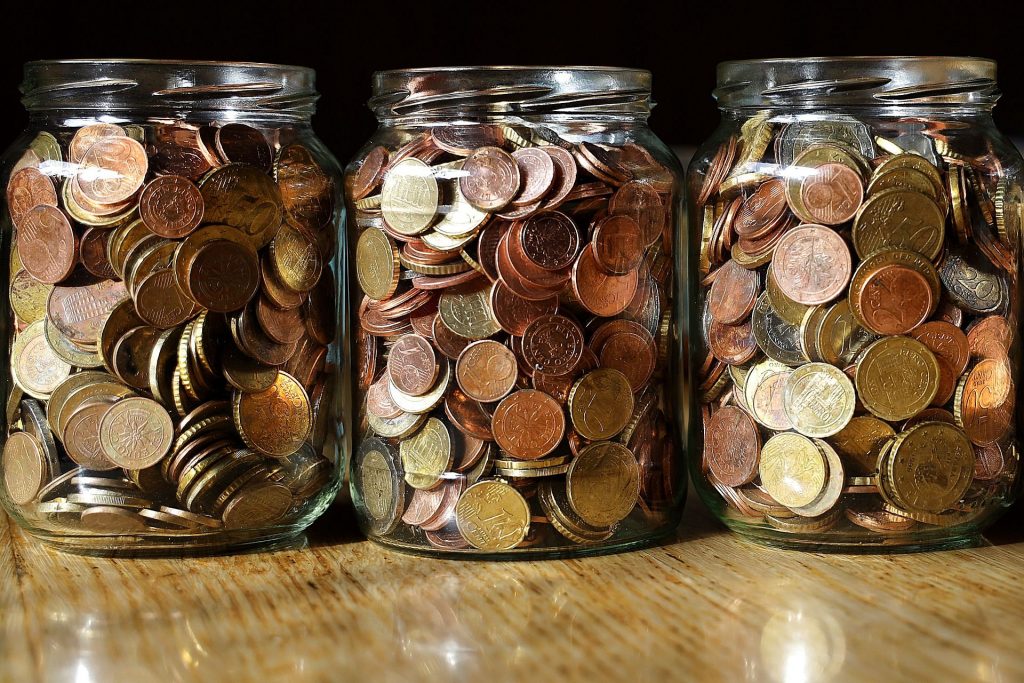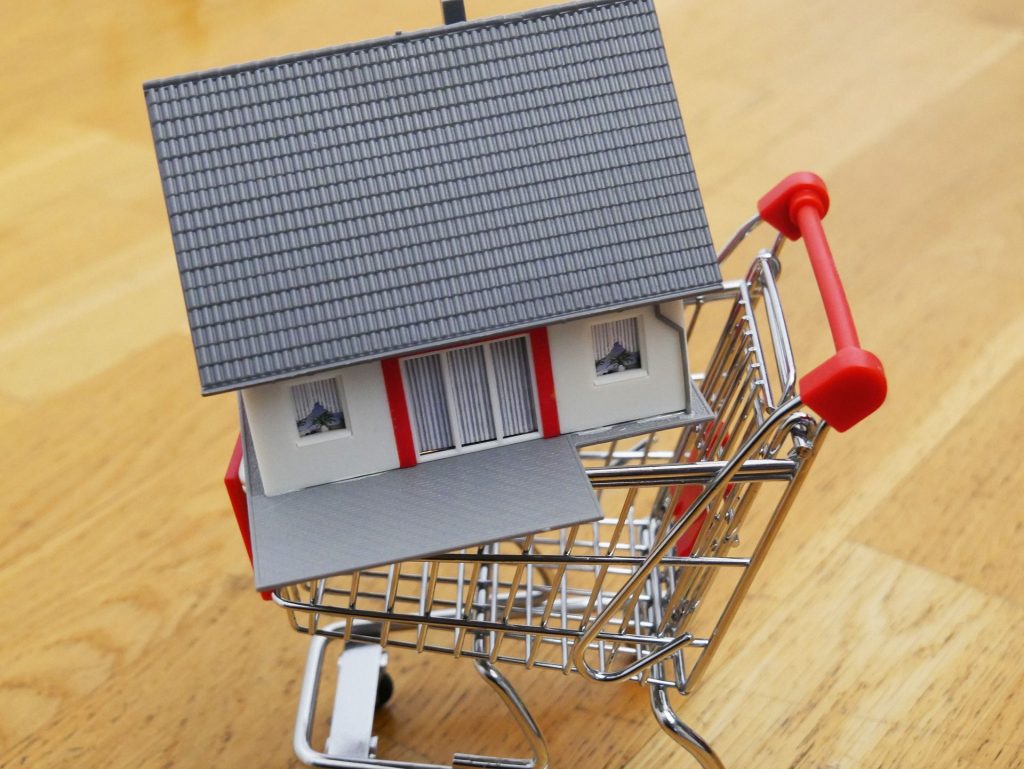
Many people have dreams of home ownership, but they often rush into this major investment unprepared. When you buy a house without carefully considering the demands of ownership and the costs of your choice, you may end up in a big hole of debt. So how do you know if you’re ready to buy a house? Check out these signs put together by Cash Factory USA that can indicate whether or not you should take the leap.
1. No Debt
One of the most important signs that you’re ready to make another major financial investment in your life is when you’ve completely paid off any student debt or outstanding car payments. As you’re getting ready to buy a house, your income needs to be free to go towards additional costs for your new home. You shouldn’t be putting money towards paying off debt that needs to go towards furnishing, appliances, repairs, and mortgage payments.
2. Good Credit Score

Asking yourself “am I ready to buy a house” can be a scary question, but your credit score is a good indicator of your stability and financial status. A high credit score means financial institutions consider you to be reliable. The higher your credit score, the better you’re interest rate will be when you take out a loan for your home. You don’t want to go into this investment with an interest rate so high that you won’t be able to afford your monthly payments. A good goal for your credit score is ensuring at least several months of stability above 750. Since there are a few major companies monitoring your score, check with Experian, TransUnion, and Equifax to get a complete picture.
3. Steady Source of Income
You don’t want to go into escrow with an unstable or low income. Create a new household budget that calculates what your mortgage rate would be using online calculating tools. Do you have enough for all your basic expenses and your new mortgage rate? You should only be putting about 30% or less of your monthly budget towards your mortgage. If you’re confident that you don’t have any unnecessary monthly costs that eat at your income, you could put up to 50% of your paycheck towards your mortgage. With such a large portion going to your mortgage though, you will have to live very frugally to answer the question “am I ready to buy a house.”
4. Existing Savings Accounts

Another important indicator when you’re getting ready to buy a house is your existing savings accounts. At Cash Factory USA, we recommend having at least three big savings accounts: an emergency fund for unexpected costs like medical bills, a retirement or savings account for after age 60, and an investment account to help you grow the money you already have.
5. Cash Down Payment
Are you really ready to buy a house? Having enough for the down payment is a pretty telling sign! Outside of your current investments and savings accounts, you should have an additional 10% of the total cost of the house saved to show banks and lenders that you’re serious and reliable. Some people even save a little more (15-20%), so that their mortgage rate is lower and they can pay their home off faster.
6. Long-Term Living Plans
Getting ready to buy a house is a massive investment of more than just money. You’re looking at paying your mortgage for the next 15 – 30 years, so you need to be around long enough to ensure this investment pays off. Consider if the cities where you’re house shopping are the areas where you want to set down roots. Are these the communities you want to be involved with? Is this a good place for your current or future children to grow up? Is this area close enough for an easy commute to work. Good neighborhoods, flexible school options, and access to basic necessities are a must.
7. Affordable Options

In many areas, housing prices are through the roof so it’s not always a good time to buy. You might be ready, but the market isn’t. You don’t want to hurry into this investment and end up overpaying by hundreds of thousands of dollars. Decide what price range you can afford and keep an eye on the market to jump on any good opportunity you see.
Have we answered your questions about buying a home? Decide if you’re ready to buy a house when you work through this checklist now!